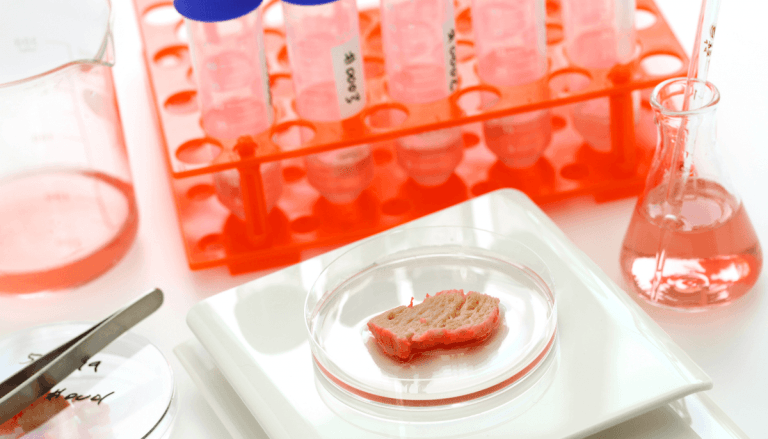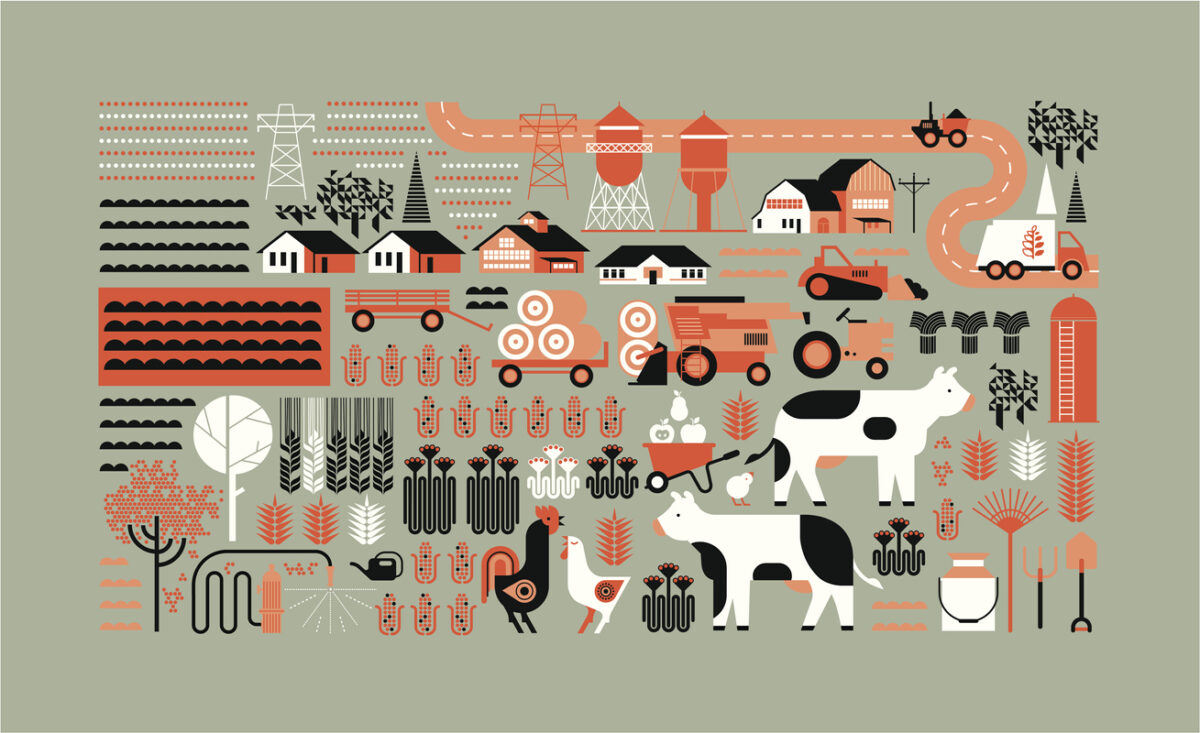Pig farms that downsize production prioritised for funding under new investment measures in Germany

The state of Lower Saxony in northwest Germany has updated its agricultural investment measures to provide funding support to pig farms that plan to downsize production.
The Minister of Agriculture for the Lower Saxony region, Miriam Staudte, announced the Agricultural Investment Funding Programme (AFP) had been updated to offer pig-keeping farms preferential access to grants if they are looking to reduce their stocks or give them up completely.
Funding applications are ranked through a points system, with projects with the highest number of points being more likely to secure grants. With the updated measures, pig farmers who apply to the AFP with the intention of fully dismantling their stalls will receive ten additional points, while farmers who plan to downside their pigsties by at least 50%, will receive an additional five points.
Projects looking to expand the size of farms for the purpose of pig fattening will not be eligible for the funding. Pig farming businesses more generally will also no longer qualify for AFP grants from 2024 onwards, according to the updated regulations.
The new regulations, put in place to help farmers become more sustainable, diversify and improve animal welfare, will apply to businesses in the Lower Saxony region, as well as those operating in the cities of Bremen and Hamburg.
The AFP is designed to support businesses that are looking to make structural improvements and investments relating to primary agricultural production (e.g., cultivating crops, and livestock farming.) It supports investments in animal husbandry, such as modernising animal enclosures and developing insulated, air-conditioned fruit or potato storage halls, or water-saving irrigation systems.
To qualify for support, companies must meet a range of environmental and climate protection requirements. If their application relates to the building of an animal enclosure, special animal welfare conditions must also be met.
It is hoped the updated AFP will help to build more agricultural businesses that can provide alternatives to pig farming. As Staudte explained in a statement: “Pig farms are currently experiencing great economic uncertainty – not least due to the falling demand for pork. I would therefore like to help companies that are willing to change to build up alternative sources of income. With the AFP, we are now implementing another important component of our diversification program.”
Earlier this year, new data from Germany’s Federal Office for Agriculture and Food revealed meat consumption in the country was down to its lowest level in over 30 years. This has impacted German meat production as a result, with nearly 10% less pork being produced last year in comparison to 2021.









